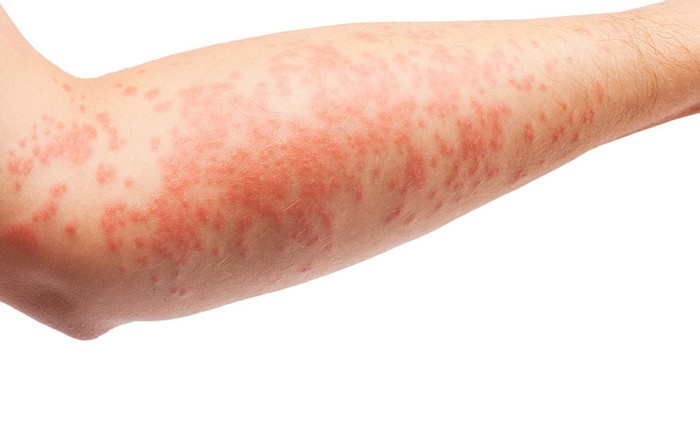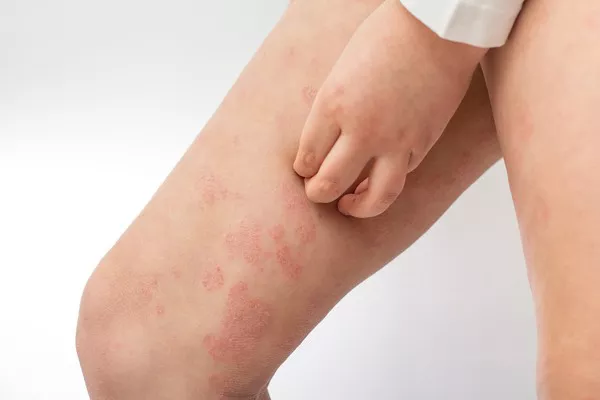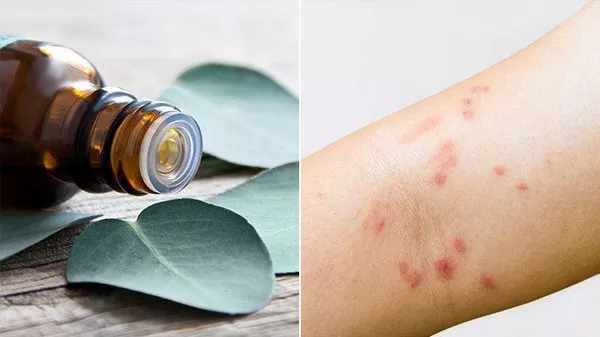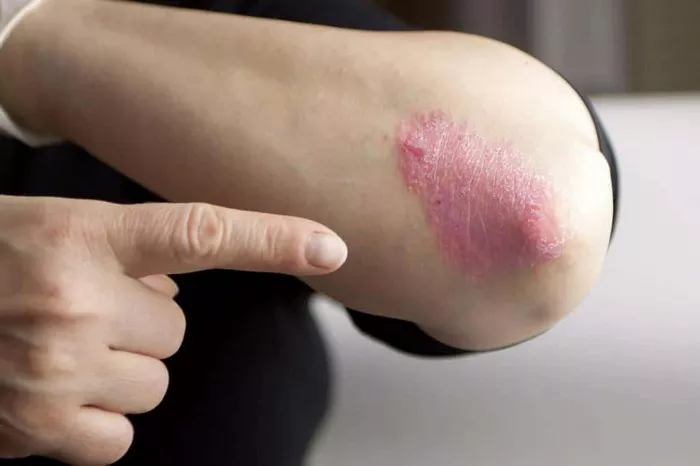Eczema, also known as atopic dermatitis, is a chronic skin condition characterized by itchy, inflamed patches of skin. It can be frustrating and uncomfortable, often requiring long-term management. While medical treatments exist, many individuals seek relief through home remedies that are natural and gentle on the skin. This article explores various approaches to managing and alleviating eczema symptoms at home, focusing on evidence-based methods and practical tips.
Understanding Eczema: Causes and Triggers
Before delving into remedies, it’s crucial to understand the underlying causes and triggers of eczema. Eczema is believed to be influenced by both genetic and environmental factors, including:
- Genetics: Family history plays a significant role in predisposing individuals to eczema.
- Immune System: Dysfunction in the immune system can lead to abnormal inflammatory responses in the skin.
- External Triggers: Allergens (like pet dander, pollen), irritants (such as harsh soaps, detergents), and climate changes can exacerbate symptoms.
Identifying and avoiding triggers is essential for managing eczema effectively.
Home Remedies for Eczema Relief
1. Moisturize Regularly
Keeping the skin well-moisturized is crucial for managing eczema. Use moisturizers that are fragrance-free, hypoallergenic, and ideally contain ingredients like:
- Occlusives: Forms a protective barrier on the skin (e.g., petroleum jelly, mineral oil).
- Humectants: Draws moisture into the skin (e.g., glycerin, hyaluronic acid).
- Emollients: Softens the skin and helps retain moisture (e.g., shea butter, cocoa butter).
Apply moisturizer immediately after bathing to lock in moisture.
2. Avoid Harsh Soaps and Cleansers
Choose mild, fragrance-free cleansers and soaps. Harsh chemicals can strip natural oils from the skin, worsening eczema symptoms. Look for products labeled as:
- Soap-free
- Non-comedogenic
- pH-balanced
SEE ALSO: How to Treat Dark Eczema Scars
3. Use Oatmeal Baths
Oatmeal is known for its soothing properties and can provide relief for itchy skin. To make an oatmeal bath:
- Grind plain oatmeal into a fine powder.
- Dissolve it in warm water.
- Soak in the bath for 10-15 minutes.
Oatmeal can help calm inflamed skin and reduce itching.
4. Apply Cold Compresses
Cold compresses can provide immediate relief from itching and inflammation. Wrap a few ice cubes in a cloth and apply gently to the affected areas for a few minutes.
5. Topical Treatments
Several natural ingredients can help alleviate eczema symptoms when applied topically:
- Aloe Vera: Known for its anti-inflammatory properties.
- Coconut Oil: Has moisturizing and antimicrobial properties.
- Calendula Cream: May help soothe irritated skin.
- Chamomile: Has anti-itch and anti-inflammatory effects.
Before using any new topical treatment, perform a patch test to ensure you don’t have an allergic reaction.
6. Wet Wrap Therapy
For severe eczema flare-ups, wet wrap therapy can be beneficial:
- Apply a generous layer of moisturizer or a mild corticosteroid cream to the affected areas.
- Wet a clean cloth in warm water, wring it out, and wrap it around the affected area.
- Cover with a dry layer of clothing or a bandage.
- Leave on for a few hours or overnight.
This method helps hydrate the skin and reduce inflammation.
7. Manage Stress
Stress can exacerbate eczema symptoms. Practice stress-reducing techniques such as:
- Deep Breathing Exercises
- Yoga or Meditation
- Progressive Muscle Relaxation
Managing stress can help improve overall well-being and reduce eczema flare-ups.
8. Identify and Avoid Allergens
Identifying and avoiding allergens that trigger eczema can significantly reduce symptoms. Common allergens include:
- Pollen
- Pet Dander
- Dust Mites
- Certain Foods
Keep a journal to track flare-ups and identify potential triggers.
9. Dietary Adjustments
While more research is needed, some individuals find relief from eczema symptoms by making dietary adjustments:
- Probiotics: Found in yogurt and fermented foods, may help support gut health.
- Omega-3 Fatty Acids: Found in fish like salmon and flaxseeds, have anti-inflammatory properties.
Consult with a healthcare professional before making significant dietary changes.
When to Seek Medical Advice
While home remedies can provide relief for many people with mild to moderate eczema, severe cases may require medical intervention. Consult a dermatologist if:
- Symptoms worsen or don’t improve with home care.
- Eczema affects a large area of your body.
- You experience signs of infection (such as pus, increased pain, or warmth in the affected area).
Conclusion
Managing eczema at home involves a combination of moisturizing, avoiding triggers, and using natural remedies to soothe symptoms. Each person’s experience with eczema is unique, so it may take time and experimentation to find the right combination of home remedies that work best for you. By understanding the triggers, adopting a gentle skincare routine, and incorporating these home remedies, you can effectively manage eczema and improve the health and comfort of your skin.
Remember, consistency and patience are key when treating eczema. With the right approach, you can find relief and maintain healthier skin over time.
Related Topics:






















